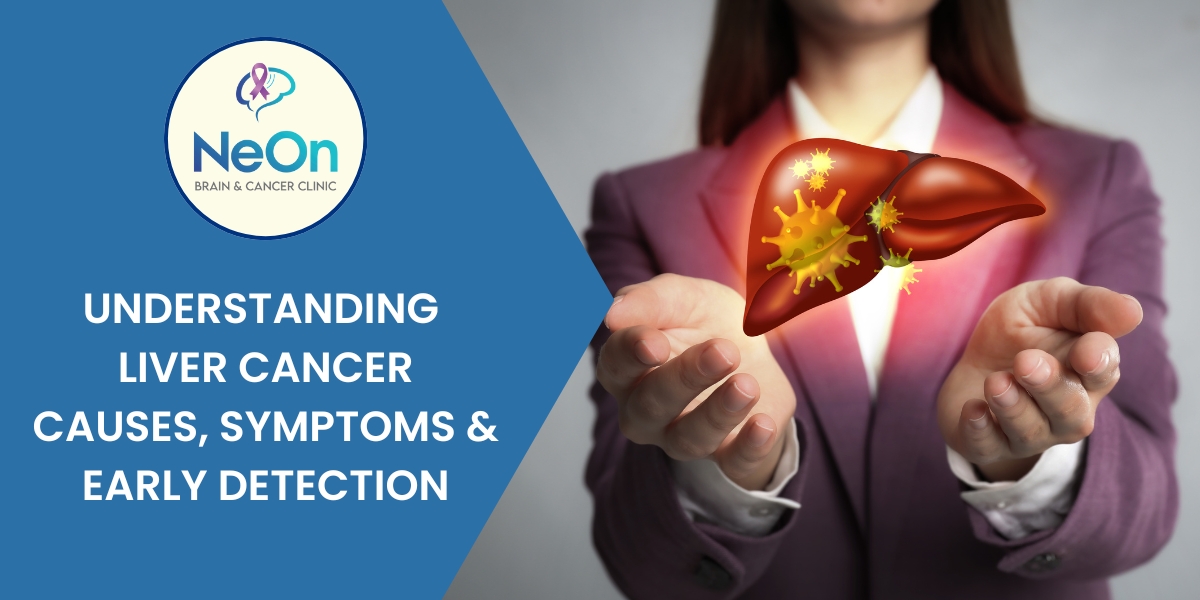Current Research in Parkinson’s Disease: Hope for the Future
Parkinson’s disease (PD), a progressive neurodegenerative disorder, affects millions of people worldwide. Characterized by symptoms such as tremors, rigidity, bradykinesia (slowness of movement), and balance issues, Parkinson’s poses significant challenges for patients and caregivers. However, recent advances in research offer hope for more effective treatments and possibly even a cure in the future.
In this blog, we’ll explore the latest breakthroughs in Parkinson’s research and how they could revolutionize treatment. Additionally, we’ll discuss the importance of consulting a qualified neurologist, especially if you’re in Hadapsar, where experts like Dr. Sadique Pathan at Neon Clinic are available to provide exceptional care.
Understanding Parkinson’s Disease
Parkinson’s disease occurs due to the loss of dopamine-producing neurons in the brain. Dopamine is a critical neurotransmitter responsible for controlling movement and coordination. While the exact cause of neuronal loss remains unknown, researchers point to a combination of genetic and environmental factors.
Currently, Parkinson’s has no cure. Treatments aim to manage symptoms using medications, lifestyle changes, and, in severe cases, surgical interventions such as deep brain stimulation (DBS). Despite these advances, there’s an urgent need for therapies targeting the disease’s root cause.
Promising Research in Parkinson’s Disease
1. Gene Therapy
Gene therapy is one of the most exciting areas of Parkinson’s research. Scientists are investigating how to use genetic engineering to repair or replace faulty genes linked to the disease. For example, research into the GBA and LRRK2 genes, which are commonly associated with Parkinson’s, is showing promise.
By delivering healthy versions of these genes to the brain, researchers hope to slow disease progression or even prevent it altogether. Clinical trials are ongoing, and early results are encouraging.
2. Stem Cell Therapy
Stem cell therapy involves transplanting healthy dopamine-producing cells into the brains of Parkinson’s patients. Researchers are using induced pluripotent stem cells (iPSCs) to grow new neurons that can replace the damaged ones.
Several clinical trials are underway to assess the safety and effectiveness of stem cell transplants. If successful, this could become a groundbreaking treatment for reversing the symptoms of Parkinson’s.
3. Targeting Alpha-Synuclein Proteins
A hallmark of Parkinson’s disease is the accumulation of misfolded alpha-synuclein proteins in the brain, forming clumps known as Lewy bodies. New research aims to develop drugs or antibodies that can target and remove these toxic proteins.
One promising approach is immunotherapy, where researchers are designing vaccines and antibodies to help the immune system clear alpha-synuclein from the brain.
4. Advancements in Deep Brain Stimulation (DBS)
Deep brain stimulation has been a game-changer for managing advanced Parkinson’s symptoms. Now, researchers are enhancing this technology with adaptive DBS, which adjusts stimulation levels in real time based on brain activity.
This innovation could provide better symptom control with fewer side effects, improving the quality of life for patients.
5. Exploring Gut-Brain Connection
Emerging research suggests that Parkinson’s disease may start in the gut before affecting the brain. Scientists are investigating the role of gut microbiota and how changes in the gut ecosystem might trigger Parkinson’s.
Probiotics and dietary interventions could play a role in future preventive strategies, potentially slowing the onset of the disease in at-risk individuals.
Why Early Diagnosis Matters
Early diagnosis of Parkinson’s is crucial for effective symptom management. Neurologists can identify early warning signs and recommend treatments that slow disease progression. If you or a loved one experience symptoms such as tremors, stiffness, or difficulty with movement, it’s essential to consult a neurologist immediately.
Choose the Right Neurologist in Hadapsar
If you’re seeking expert care for Parkinson’s or other neurological conditions, Dr. Sadique Pathan at Neon Clinic in Hadapsar is an excellent choice. As a highly qualified neurologist, Dr. Pathan provides personalized treatment plans tailored to each patient’s needs. With access to the latest medical advancements and a compassionate approach, you can trust Dr. Pathan to guide you through every step of your journey with Parkinson’s.
The field of Parkinson’s disease research is advancing rapidly, offering hope for a brighter future. From gene and stem cell therapies to innovative treatments targeting alpha-synuclein proteins, scientists are making strides toward better care and potential cures.
For those living with Parkinson’s, consulting a specialist like Dr. Sadique Pathan, a renowned neurologist in Hadapsar, can make a significant difference. Take the first step toward better health by seeking professional guidance from a trusted neurologist in Hadapsar today.Contact Neon Clinic for expert neurological care in Hadapsar and explore the latest options for managing Parkinson’s disease.



